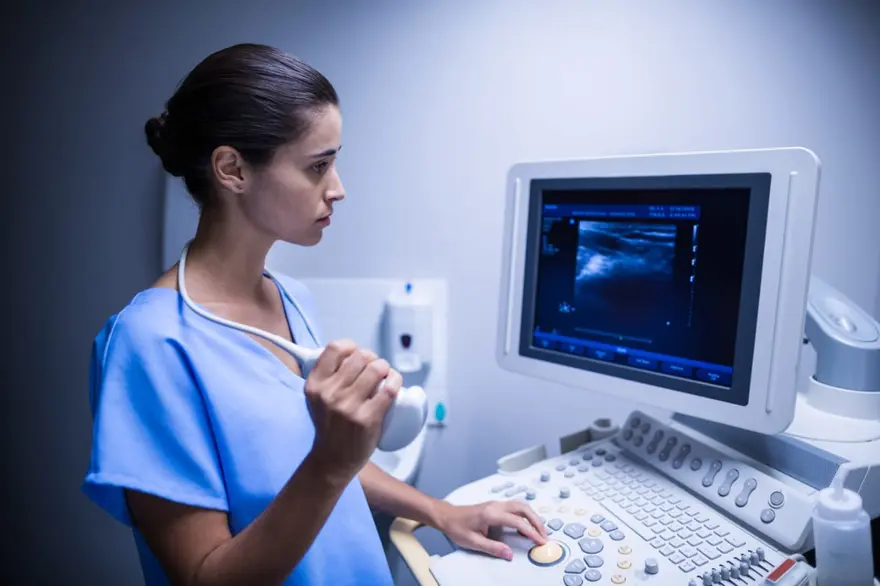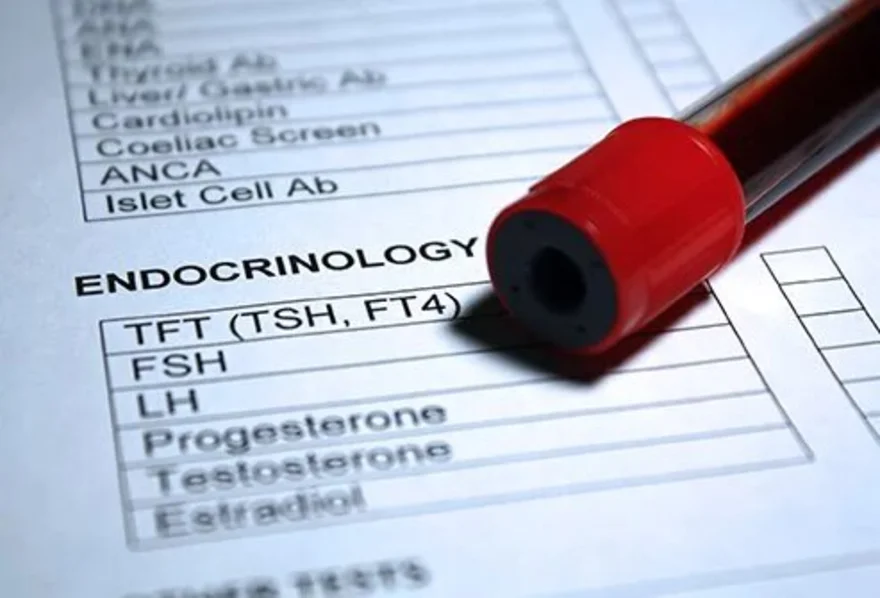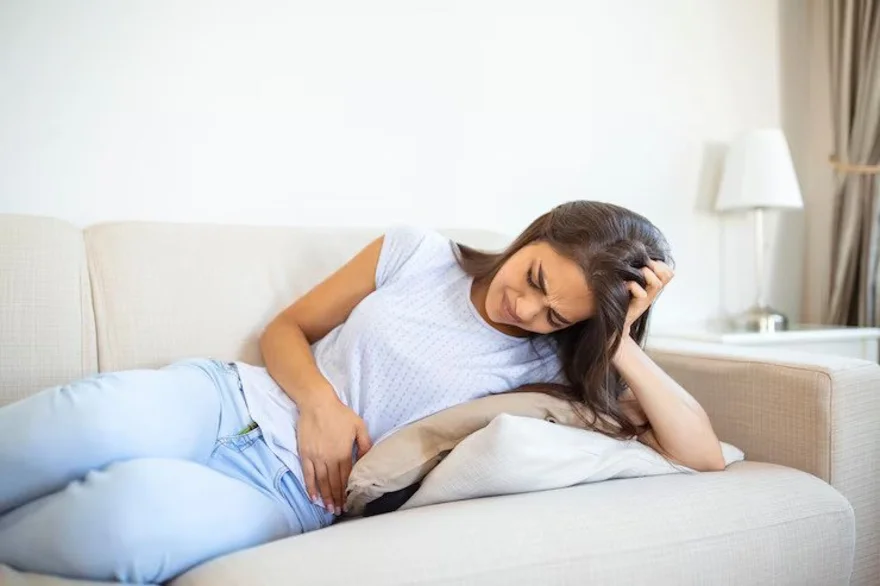covid vaccine for pregnant women
COVID-19 Vaccination for Pregnant Women: All you need to Know
COVID-19 infection during pregnancy is a cause of great concern for the health of pregnant women and the unborn baby. While pregnancy does not increase the risk of catching COVID-19, studies have found that pregnant women are susceptible to have more severe illness with COVID-19 in contrast to non-pregnant women. These women are more likely to be admitted to the hospital, develop pregnancy complications or deliver prematurely. Therefore, experts believe that pregnant women should get vaccinated as the benefits of COVID-19 vaccination overshadow its side effects. Being vaccinated and continuing masking remain the only appropriate method to prevent this infection in pregnant women. This need of vaccination has become more urgent with the wake of the Delta variant of coronavirus. Few recent researches have highlighted the worse effects of illness on pregnant women infected with Delta variant of COVID-19. Getting symptoms suggestive of COVID-19? Do not delay testing any further. Book a home sample collection with us. Recently, the Government of India has approved vaccination of pregnant women against COVID-19 based on the recommendations from National Technical Advisory Group on Immunization (NTAGI). They have issued operational guidelines that ensure education to pregnant women to make an informed decision whether they should get vaccinated or not. This includes awareness about the risks of exposure to COVID-19 infection along with the risks and benefits associated with the COVID-19 vaccines available in the country. The eligible pregnant woman will be able to get any of the three vaccines currently authorised in India; Covishield (the local version of the AstraZeneca vaccine), Sputnik V (imported from Russia), or Covaxin (India’s homegrown vaccine). A pregnant woman, who chooses to take vaccination, could be vaccinated at any time of the pregnancy. Here we are answering some of the important questions around getting COVID-19 vaccine during pregnancy Should pregnant women take COVID-19 vaccine? Although pregnancy does not increase the risk to COVID-19 infection, pregnant women are at an increased risk for severe illness from COVID-19. Most pregnant women are reported to have asymptomatic or have mild disease, however, their health can deteriorate rapidly which will affect the health of the baby. Additionally, a pregnant woman significantly comes in contact with healthcare services throughout three trimesters and frequently visits high-risk places like laboratories and hospitals. These risk factors necessitate the need of protection against COVID-19 infection. According to WHO, there is insufficient evidence to believe that there will be specific risks that would outweigh the benefits of vaccination for pregnant women. Pregnant women who are at high risk may be vaccinated in consultation with their health care provider. What group of pregnant women are at increased risk of getting infected with COVID-19? Pregnant women at increased risk of getting infected with COVID-19 can be one who; Is a healthcare worker or a frontline worker. Living in a community with an increased rate of COVID-19 infections. Commonly come in contact with people outside the household. Difficulty in following social distancing protocols, like living in a crowded household. What group of pregnant women are at higher risk of developing complications after COVID 19 infection? Various risk factors responsible for developing complications after COVID 19 infection during pregnancy are: Pre-existing comorbidities such as diabetes, organ transplant recipients, chronic respiratory conditions like chronic obstructive pulmonary disease (COPD), asthma, cystic fibrosis, immunosuppression therapies, dialysis or advanced chronic kidney disease, congenital or acquired heart disease, etc. Advanced maternal age Obesity. When should women be vaccinated during pregnancy? Expectant mothers can be vaccinated at any time during their pregnancy. If a pregnant woman is opting to receive the COVID-19 vaccine during pregnancy or after the delivery of the baby, the CDC advises to schedule it at least 14 days before or 14 days after any other vaccination. It will be useful to consult an obstetrician about the best timing for routine vaccines and COVID-19 vaccine during pregnancy. When should a pregnant woman be vaccinated, if she was already infected with COVID-19? If a woman got infected with COVID-19 infection during the course of current pregnancy, then she should be vaccinated soon after the delivery. A healthy pregnancy has different needs across different three trimesters, health tests being one of the quintessential requirements. Explore Metropolis and book your pregnancy tests with a trusted partner. Book Pregnancy tests for the first trimester here. Click for Pregnancy tests for the second trimester. Tap to book Pregnancy tests for the third trimester. Is COVID-19 vaccination safe and effective in pregnant women? There is limited data available about the safety of COVID-19 vaccines for pregnant women. However, initial reports suggest that there are no safety concerns for either the pregnant women or their babies. More studies are needed to assess the risk of clotting in pregnant women, a side effect associated with AstraZeneca’s vaccine. What are the side effects of the COVID-19 vaccines for the pregnant woman or her baby? Like any other person, COVID-19 vaccine can cause a pregnant woman to get very mild side effects including mild fever, pain at injection site, or feeling unwell for 1-3 days. Guideline recommends that very rarely (one in 1-5 lakh persons) may experience adverse reactions within 20 days after COVID-19 vaccination. These below mentioned symptoms may need immediate medical attention. Shortness of breath Chest pain Pain in limbs / pain on pressing the limbs or swelling in the limbs Small pinpoint haemorrhages or bruising of the skin beyond the vaccination site Persistent abdominal pain with or without vomiting Seizures in the absence of previous history of seizures with or without vomiting Severe and persistent headaches with or without vomiting Weakness/paralysis of limbs or any particular side of the body Persistent vomiting without any obvious reason Blurred vision/ pain in eyes. What are the contraindications for vaccination in pregnancy? Pregnant women should not take vaccination in the following conditions: Anaphylactic or allergic reaction to the previous dose of COVID-19 vaccine Anaphylaxis or allergic reaction to vaccines or injectable therapies, pharmaceutical products, food-items etc. It is temporarily not advisable in the following conditions: Women should defer COVID-19 vaccination for 12 weeks from infection or 4 to 8 weeks from recovery COVID-19 infection Women who were treated with anti-COVID-19 monoclonal antibodies or convalescent plasma or have active COVID-19 infection. Can a pregnant woman get COVID-19 infection from the coronavirus vaccine? No, a pregnant woman cannot get COVID-19 infection from the currently available vaccines. She may experience mild, temporary side effects, which is indicative of the immune response to the vaccination, not COVID-19. What are the precautions needed for the pregnant woman after COVID-19 vaccination? Pregnant woman along with her family members should be counselled to follow COVID-19 appropriate behaviour including wearing mask, frequent handwashing, maintaining social distancing and avoiding crowded areas. Bottom line All pregnant women can register themselves on Co-WIN portal or may get themselves registered on-site at the COVID-19 vaccination centre. This process of registration for pregnant women is similar to the general population. Educating and counselling these women regarding the potential benefits of COVID-19 vaccination is highly crucial for them to make an informed decision about themselves and their baby’s health. We wish you a happy and safe motherhood!
 Home Visit
Home Visit Upload
Upload















 WhatsApp
WhatsApp